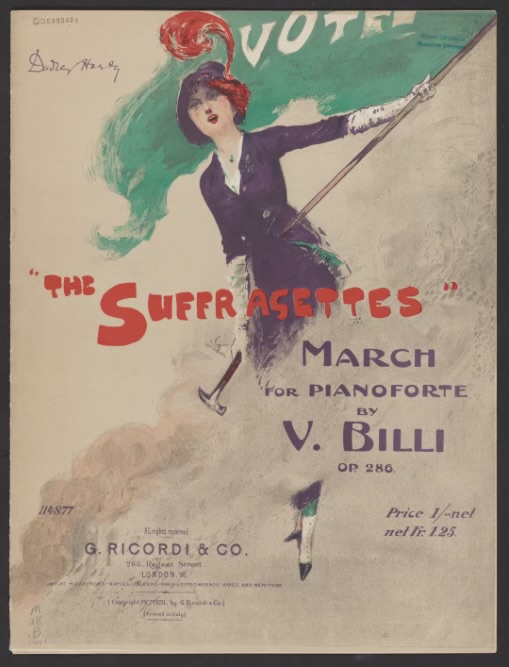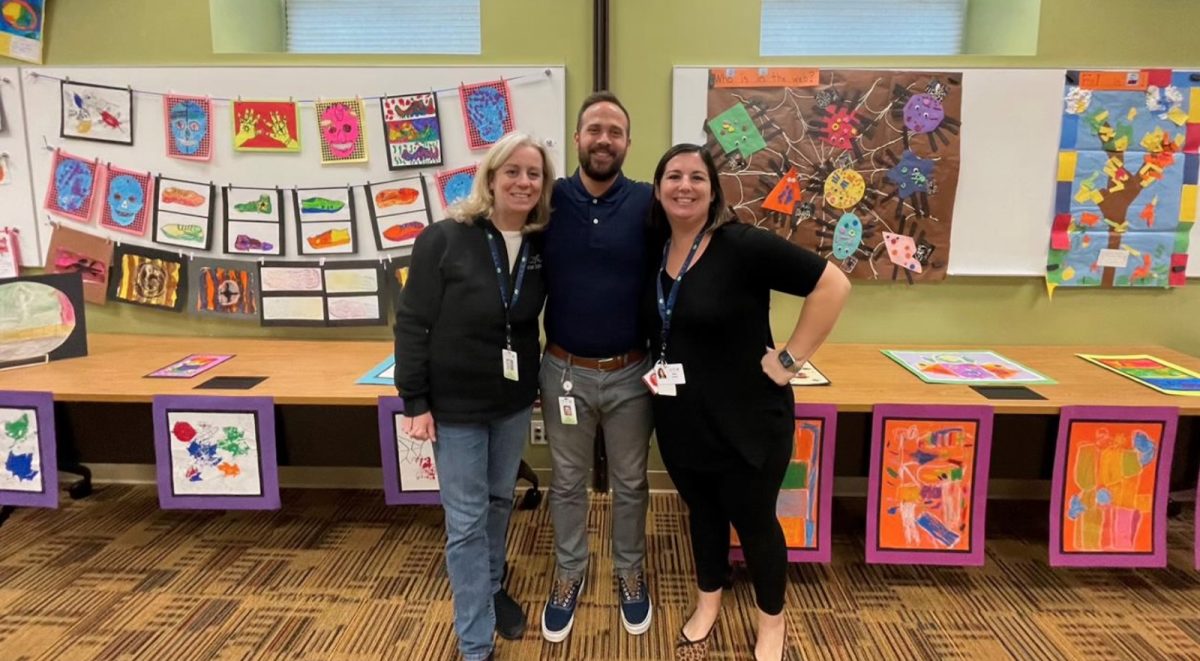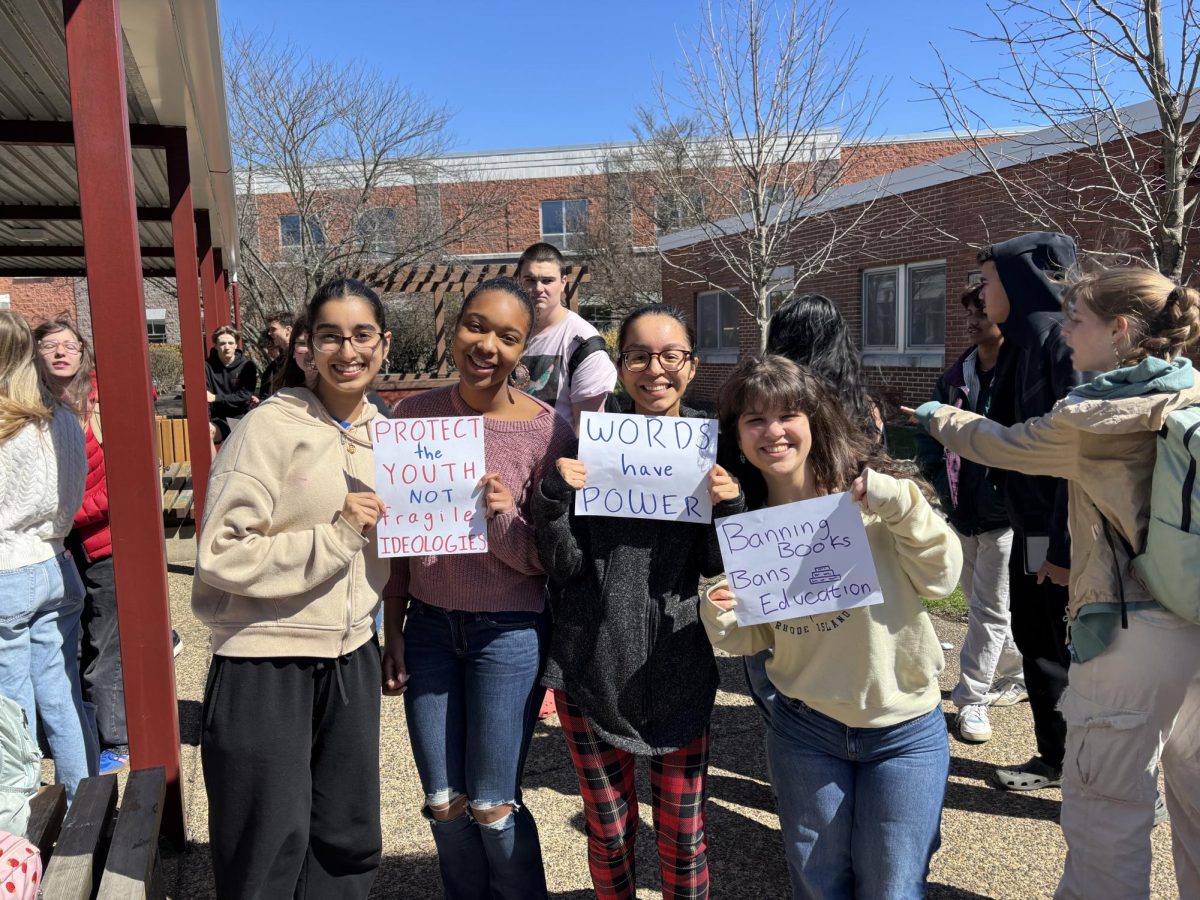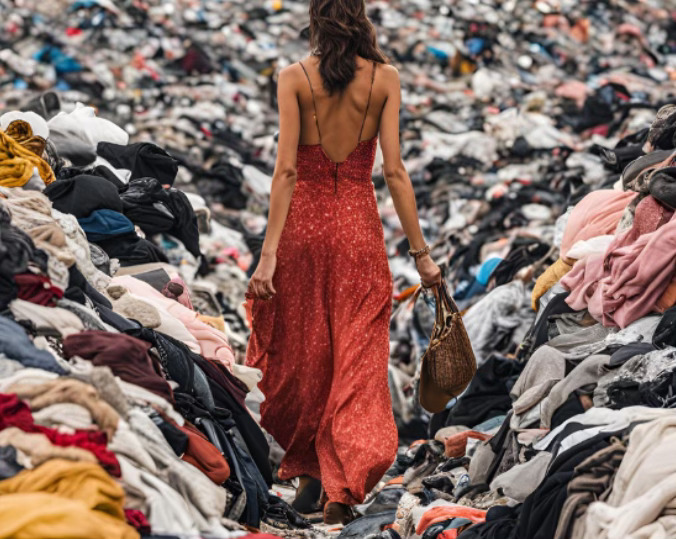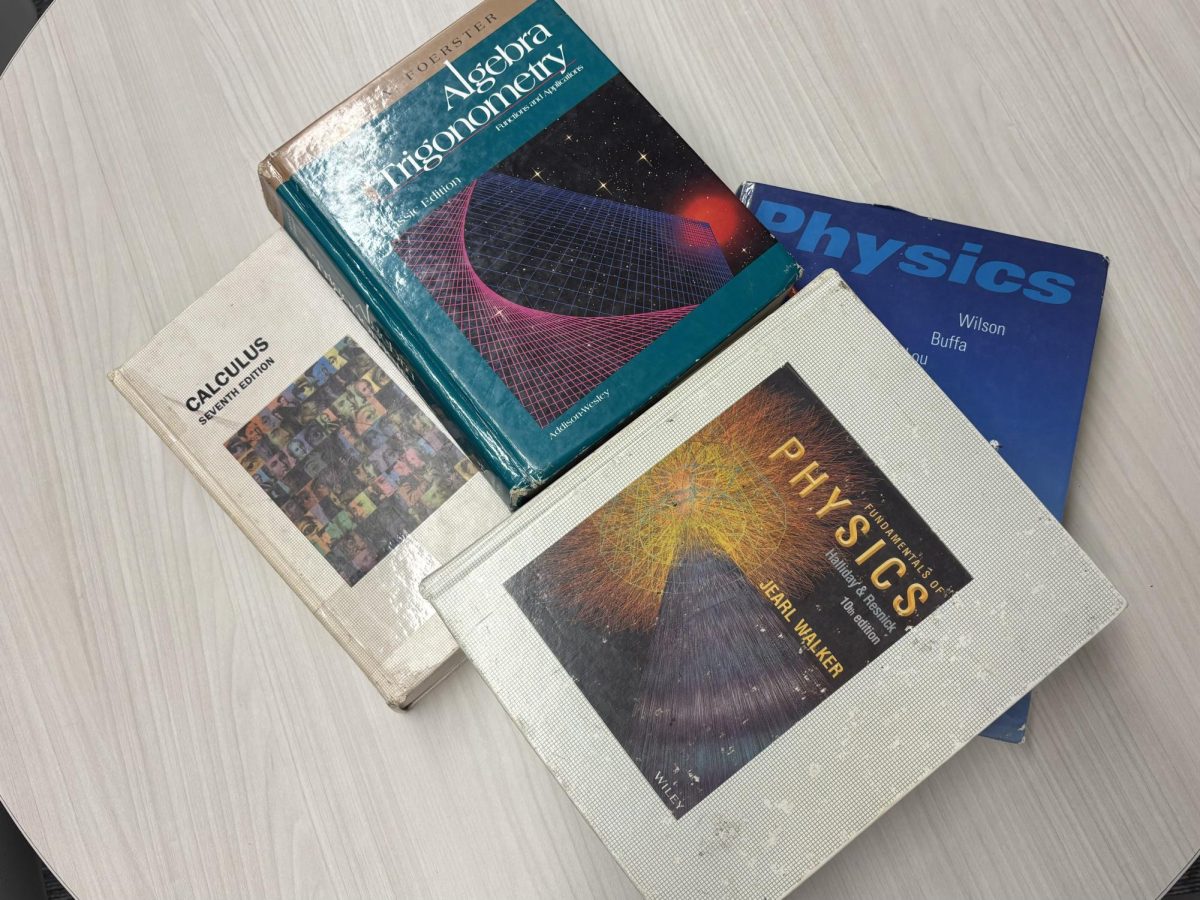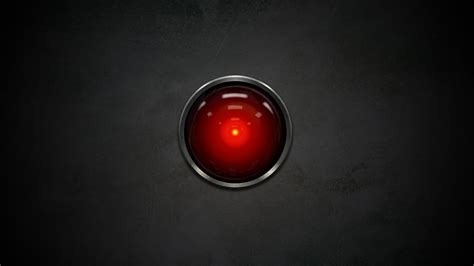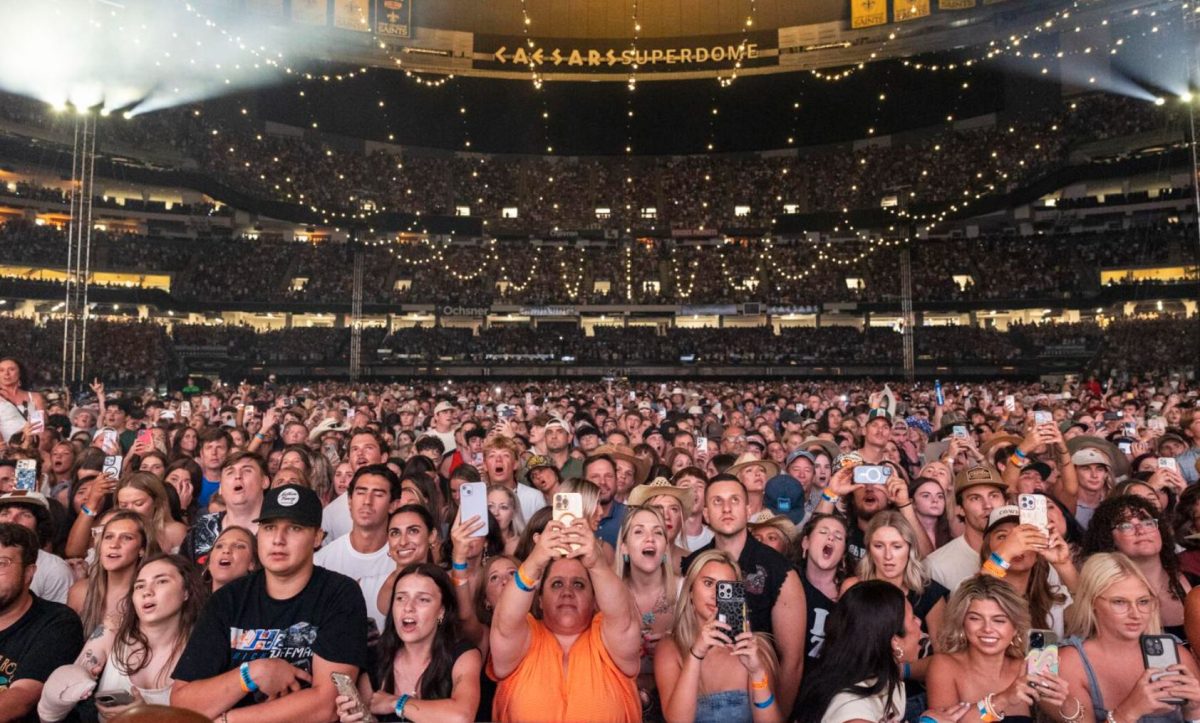Today, the majority of American citizens 18 and older are allowed to vote in federal and state elections, but voting was not always a right extended to all Americans. In fact, it has only been about a century since women in the US were guaranteed the right to vote by the 19th Amendment. This summer, I had the opportunity to intern with the Radnor League of Women Voters, a nonpartisan nonprofit organization that empowers everyone to participate in our democracy. According to the League of Women Voters website, the organization works to “empower voters and defend democracy through advocacy, education, and litigation, at the local, state, and national levels.” During my time with the league, I decided to research the importance of music in the women’s suffrage movement because of my immense interest and involvement in music. I presented my project at the “Toast to Tenacity,” a presentation and sing-along in honor of the 19th amendment’s passage on August 26th, 1920.
Music has been used throughout history to advocate for human rights and express political viewpoints. Historical records show many examples of songs that compliment the achievements of nations. The song “We Shall Overcome” is perhaps the best-known example of political music due to its use throughout the US Civil Rights Movement. Another example is the “Harrison Song,” a typical campaign song for William Henry Harrison in 1840, which praises the future president as someone the voters can relate to, painting him as admirable for his efforts in the War of 1812. Additionally, “Happy Days Are Here Again” is a song written in 1929 that appeared in the 1930 film Chasing Rainbows and served as the campaign song for Franklin D. Roosevelt’s presidential campaign in 1932.
Before the 1770s, women had the right to vote in a few colonies, including Massachusetts. However, by 1807 almost every state constitution had denied women the right to suffrage. In the summer of 1848, Suffragettes including Elizabeth Cady Stanton and Lucretia Mott organized the Seneca Falls Convention, widely regarded as the beginning of the Women’s Suffrage Movement. Starting in the 1850s, many generations of women suffrage supporters marched and lobbied to guarantee American women the right to vote. Pioneers like Susan B. Anthony became one of the most visible leaders of the women’s suffrage movement. The campaign to pass the 19th Amendment still stands as one of the most significant moments of political mobilization in history.
It was the role of women in composing church hymns that would eventually lead them into creating music for the Women’s Suffrage movement. The women of the suffrage movement strengthened their cause with songs whose lyrics were often set to popular tunes or traditional hymns, making them easier to remember. Like many other civil rights movements, women’s suffragists had rally songs written to the tune of popular songs such as “Yankee Doodle.” Suffrage music written in the late nineteenth century furthered the movement more directly in hopes that women would soon have the right to vote, including “Daughters of Freedom! The Ballot Be Yours,” published in 1871 and “Shall Women Vote,” published in 1881. Additionally, suffrage organizations began to sell songs that were often heard at rallies and conventions. All women’s suffrage song sheets were popular until women earned the right to vote in 1920. However, there was also political pushback against women’s suffrage, also expressed through music. Songs that mocked the suffragettes were published such as “Since My Margaret Became a Suffragette,” and “Your Mother’s Gone Away to Join the Army.”
Later in the 1960s, as the battle for women’s civil rights reorganized, Walt Disney joined the suffrage movement through the movie “Mary Poppins,” with the song “Sister Suffragette.” Additionally, in 1972, the popular educational cartoon Schoolhouse Rock aired the song “Sufferin Till’ Suffrage.” Music continues to play a huge role in women’s empowerment and modern day feminist movements with songs such as Beyoncé’s “Who Run the World” and Taylor Swift’s “The Man.” In 2018, Dolly Parton contributed to 27: The Most Perfect Album, “a collection of songs about the Constitutional amendments that have shaped our democracy, and yet are often at the center of fierce political debate.” Dolly’s song about the 19th amendment begins with a spoken intro to the suffrage story about the fight for the vote.
When the 19th Amendment was finally ratified in August of 1920, it produced the largest one-time increase in voters ever. Today with women and men alike given the right to vote, it is important that everyone eligible go out and cast their vote. Special thanks to the Radnor League of Women Voters and Mrs. Winters for the amazing opportunity to learn from and advocate for the League of Women Voters!

